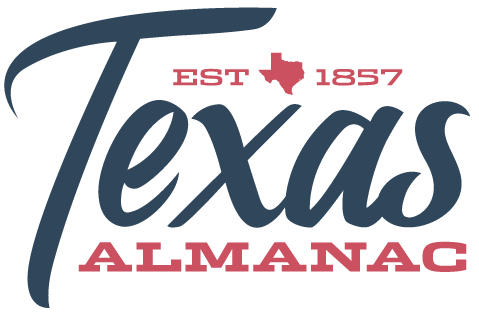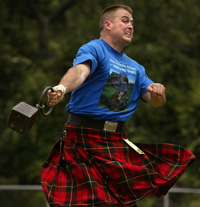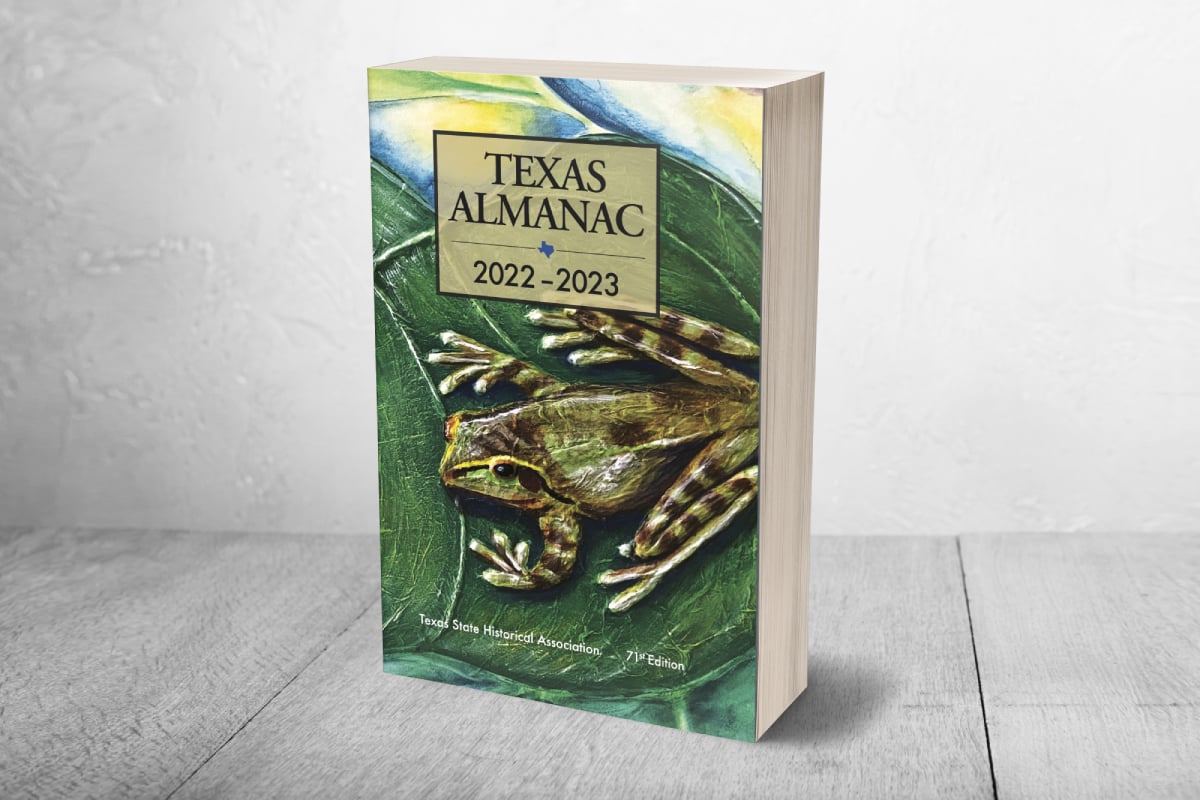Sam Houston. You can start there when naming the Texans with ancestors from Scotland.
Even Chief Bowles, the revered Texas Cherokee leader killed at the Battle of the Neches in 1839, was of mixed Scot and Indian heritage. The chief was described as "decidedly Gaelic in appearance, having light eyes, red hair and somewhat freckled."
You can go on to name Stephen F. Austin, Davy Crockett, Jim Bowie, Jim Hogg, J. Frank Dobie, and, of less fame, Neil McLennan, John and Ewen Cameron, Edmund D. Montgomery, Jesse Chisholm – and John Wesley Hardin.
Most of these figures would mention "Scotch-Irish" as a distinction, but, just the same, the Celtic blood line goes back to the land of plaid kilts and "Mc" clans.
Scotch-Irish are those Scots who moved to Northern Ireland in the 1600s and moved on to other lands in the 1700s when they would not succumb to the "Anglican ascendancy" or mix with "papish Catholics" in Ireland. More than 250,000 of these Scotch-Irish emigrated to the American colonies between 1717 and the American Revolutionary War. These Presbyterian "Scotch-Irish" were the majority of settlers who first moved over the Appalachians. Men such as Daniel Boone. And they kept moving. To Kentucky. To Tennessee. To Missouri. And, eventually into Texas.
During their continual migration, their formal religious ties dissolved into the individualistic, churchless American milieu of the early 1800s, and many would be born-again as Baptists or converted by the Methodist itinerant preachers of the frontier.
These are the Scotch-Irish whose numbers get mixed up with ambiguous references to "British" colonists, and "Irish" ancestors, and "Anglo-American" settlers.
Later, especially when ranching came to define Texas in the late 1800s, eager and ambitious Scots came directly from Edinburgh and Aberdeen to raise cattle and build railroads – and make money.
The 1990 U.S. Census, 5.4 million Americans claimed Scottish ancestry; one third of them lived in the South. Another 5.6 million respondents identified Scotch-Irish ancestry, almost half of whom lived in the South. This was in a four-region division of South-Northeast-Midwest-West.
In the same 1990 census, the massive impact of Americans of Scotch-Irish descent continued to be obscured. The census found that Southerners comprise one third of the 39 million Americans identifying "Irish" ancestors. And, then there were the 1.1 million of "British" ancestry. These broad labels probably conceal many Scottish ancestors. This Southern stock is the core group of "Anglo-American" Texans.
Rarely coming or settling in groups, 100-proof Scot-Texans have begun to celebrate their ethnic heritage only in the last part of the 20th century with annual "highland games" and festivals in various parts of the state.
The Scottish festivals involve not only athletic competition but also feature music, especially piping and drumming, as well as dance and food.
The longest running and probably best-known include the Scottish Games in Salado. The annual fete, sponsored by the Central Texas Area Museum, is held in November.
The Texas Scottish Festival and Highland Games at the University of Texas in Arlington are held each year in early June.
The Mo-Ranch Day of the Scots in Hunt is in September.
The state's largest city, Houston, holds its annual British Sports Festival and Scottish Highland Games annually in the spring.
The Institute of Texan Cultures' annual Folklife Festival in San Antonio includes the Scottish legacy in its August celebrations.
— written by Robert Plocheck, associate editor, for the Texas Almanac 1998–1999.
SOURCES
Chronicles of Smith County, "The Cherokee War 1839," by Morris S. Burton.
Sword of San Jacinto, by Marshall De Bruhl, Random House, 1993.
Lone Star, by T.R. Fehrenbach, MacMillan, 1968.
The Irish Texans, John Brendan Flannery, Institute of Texan Cultures, 1980.
Texas Highways, "Scottish Texans – A Feisty Bunch," by Candace Leslie, June 1992.


